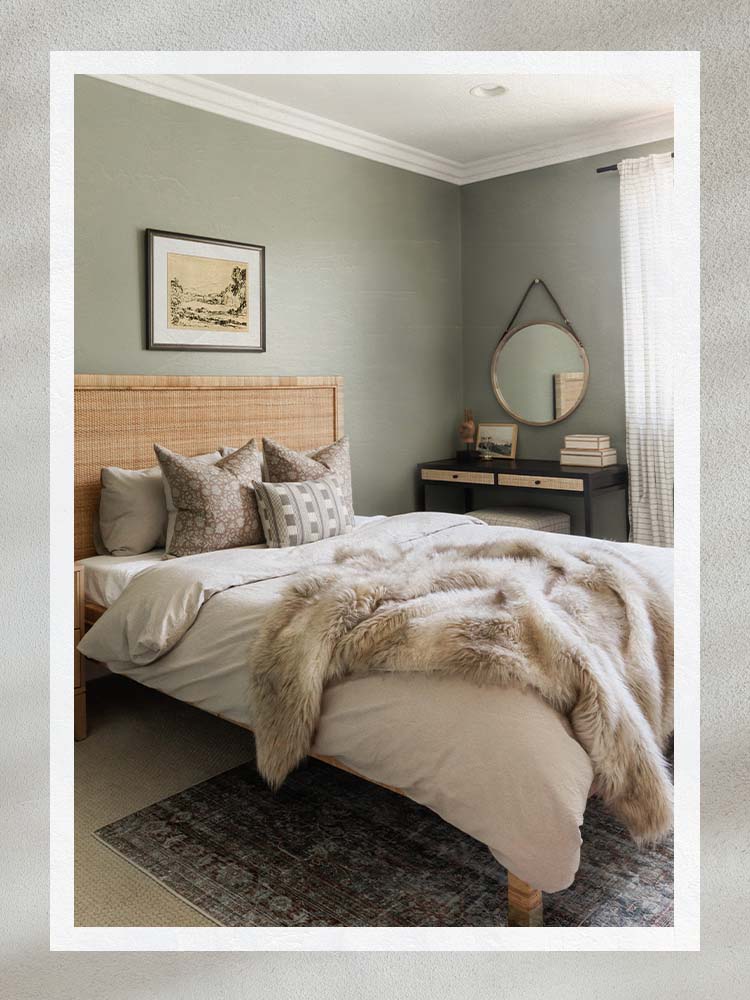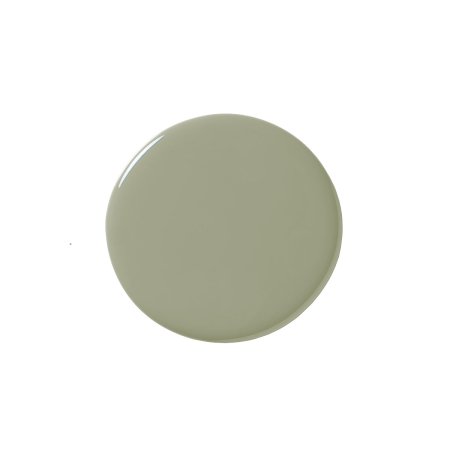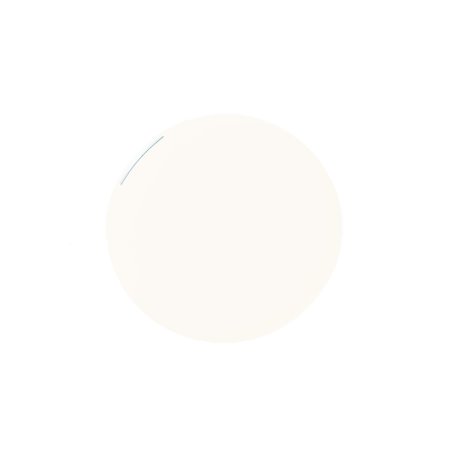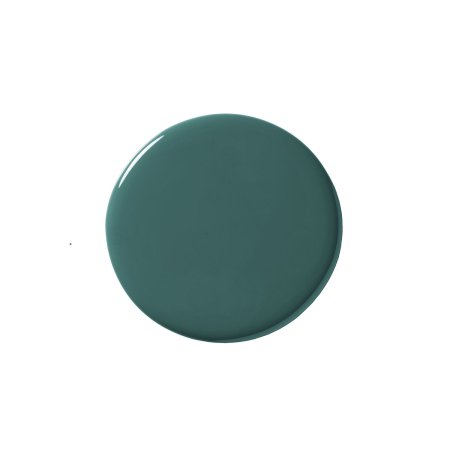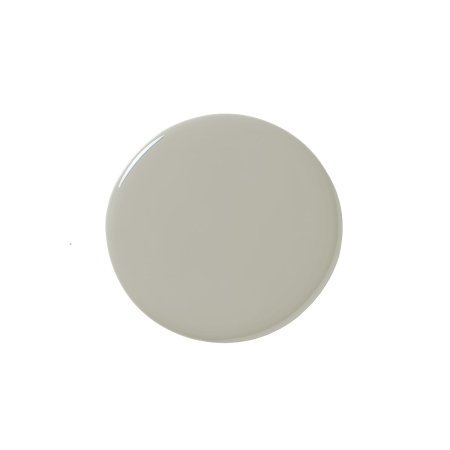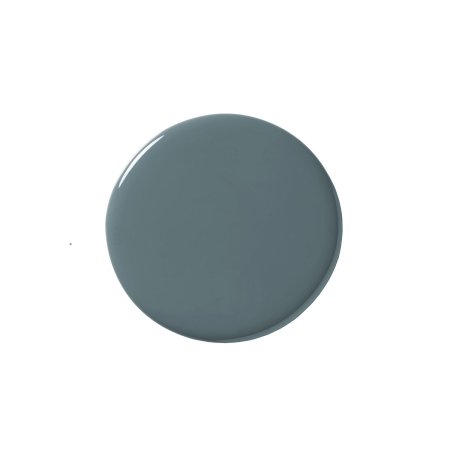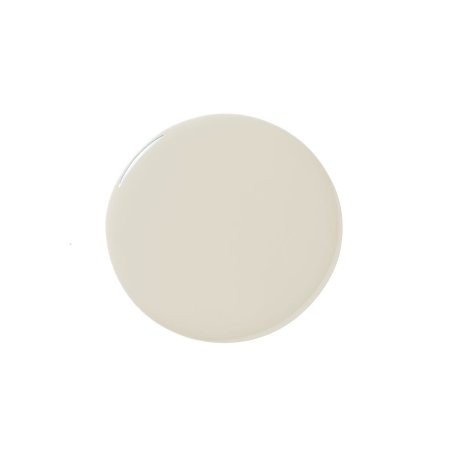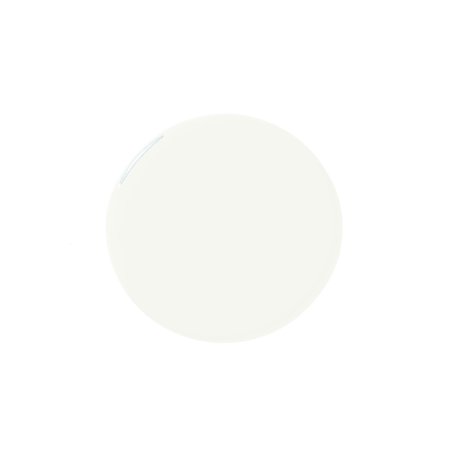We may earn revenue from the products available on this page and participate in affiliate programs.
Whether you’re greeting the day or bidding it goodnight, your walls are probably the first and last things you see, which is why you need to jazz them up in the best bedroom paint colors. Though a pop of fuchsia or warm terracotta might sound like fun, visually stimulating hues may not be the best choice for your snooze space. Instead stick to soothing shades like tranquil blues and greens or cool grays and neutral creams to help you quickly achieve zen. Don’t know where to begin? There are a few general rules designers tend to follow when tackling these slumber-y havens. So we rounded up their advice—and even sourced a few swatches from their recent projects—to inspire your own sleep sanctuary.
Our Favorites
- Farrow & Ball Lichen
- Dunn-Edwards Whisper
- Benjamin Moore Dragonfly
- Sherwin-Williams Sensible Hue
- Benjamin Moore Blue Spruce
- JH Wall Paint Neutral 9870
- Farrow & Ball Borrowed Light
- Benjamin Moore Chantilly Lace
Best for a Small Space: Farrow & Ball Lichen

Photography by 311 DesignI have two small kids, so picking something I can easily wipe down was a must. I chose Farrow & Ball’s modern emulsion finish, as it’s washable and scuff-proof. There’s a very slight sheen to it, which adds to its rich color. Doing an allover green color in my guest room really elevated the space, not only making it appear larger, but creating a beautiful contrast next to the bright white trim and moldings. —Lauren Meichtry, Elsie Home
Lichen, Farrow & Ball
Shop NowBest for a Creamy Neutral: Dunn-Edwards Whisper

Photography by Chad MellonWe turned to Whisper by Dunn-Edwards, as we were looking for something different than the typical white or ivory. This color is a gorgeous creamy shade that looks great in almost every room. The velvet sheen was a must for the bedroom wall, as it gave the room a simple yet refined look. By sticking with neutral colors on the walls, it lent us more freedom to play around with the decor and furniture! —Lindye Galloway, Lindye Galloway Studio
Whisper, Dunn-Edwards
Shop Now
Photography by Mike ChajeckiBest for a Good Night’s Sleep: Benjamin Moore Dragonfly
The green paint in this room helps make the room dark and moody—perfect for a restful night’s sleep. The matte finish we selected for this space delivers a smooth look with little to no sheen when dry, since it absorbs light. It’s also great at hiding imperfections on a wall. —Rebecca Hay, Rebecca Hay Designs
Dragonfly, Benjamin Moore
Shop NowBest for a Moment of Calm: Sherwin-Williams Sensible Hue

Photography by Molly CulverI love this mid-tone blue-gray paint color for a bedroom because of its calming effect. We loved the way it meshed with the light beige fabrics and rug. Gray doesn’t always work with beige, so pay attention to the undertones. For example, the gray might act as a purple and the beige as a yellow. Since they are opposite on the color wheel, they will intensify each other. I personally don’t like purple paired with gold, so I make sure all the grays I choose have blue or green undertones. —Sarah Stacey, Sarah Stacey Interior Design
Sensible Hue, Sherwin-Williams
Shop NowBest for a Sophisticated Blue: Benjamin Moore Blue Spruce

Photography by Marco RiccaI chose Benjamin Moore’s Blue Spruce in a flat finish for the headboard wall of this Manhattan guest bedroom; it’s a modern take on French blue that will stand out while remaining quite classic. The space called for a color that would complement the upholstered headboard without competing with it, and this sophisticated blue—with a hint of gray—was the perfect choice. It’s bold enough to subtly add an element of interest to the space without overwhelming it. Consider it for a thoughtful touch on a headboard wall, as shown, or for an entire library in a satin finish. — Elizabeth Gill, Elizabeth Gill Interiors
Blue Spruce, Benjamin Moore
Shop NowBest for a Touch of Texture: JH Wall Paints Neutral 9870

Courtesy of Tiffany Leigh DesignWe recently painted our own bedroom and went a little unconventional with a limewash paint by JH Wall Paints. It creates a dimensional, textural feel similar to plaster, and I predict we are going to be seeing a lot more of this in 2022. When going with lighter hues of limewash, think about using two shades for added variation and dimension—I used colors 9870 and 9398 for a subtle look. I think this is a fun yet sophisticated paint treatment if you are looking for something a little bit different. It reminds me of a century-old wall in Italy. With limewash paint, consider application—it might not be best in kids’ rooms, as the walls are more difficult to scrub. —Tiffany Leigh Piotrowski, Tiffany Leigh Design
9870, JH Wall Paints
Shop NowBest for a Subdued Classic: Farrow & Ball Borrowed Light

Photography by Read McKendreeI like bedrooms to evoke some serenity and allow the eye to rest. Borrowed Light is a pale blue that achieves both of those goals as a bedroom wall color, and it’s restful in lamp light and refreshing in natural light. It is a very clear blue, not muddied with yellow or red, so it contrasts nicely with other clear colors like a vibrant red or a true navy, as well as bright white trim and linens. —Lilse McKenna, Lilse McKenna Inc.
Borrowed Light, Farrow & Ball
Shop NowBest for an Airy Effect: Benjamin Moore Chantilly Lace

Photography By Tina BlancoBenjamin Moore’s Chantilly Lace is my go-to pure white paint, perfect for brightening up any space. It’s a beautiful, delicate white that lacks those yellow undertones that so many white paints have. The beauty of Chantilly Lace is that it does tend to pick up different undertones depending on its application. For south-facing walls, it comes across a bit warmer, and with north-facing, it has the slightest blue undertone. Overall, it’s a great bright paint color, and it has never steered me wrong. —McCall Dulkys, Interiors by McCall
Chantilly Lace, Benjamin Moore
Shop NowOur Shopping Checklist
Type: Choosing the best paint for bedrooms is about more than just color. You have to mull over every other detail, from the finish to the materiality (oil versus latex, though the former has definitely fallen out of favor). Unless a special circumstance warrants it, a water-based acrylic is best for interior applications, especially the bedroom. And you have to consider the space itself. Contrary to popular opinion, Meichtry says dark paint can actually make a room look bigger, while white can have the opposite impact—it all depends on the light and proportions.
Finish: The right finish can have a huge impact on the mood color imparts. There are lots to consider (including brand-name options), but the main choices include flat, matte, eggshell, satin, and gloss—ranging from the least to the most amount of shine. But you don’t have to worry as much about durability against moisture or smudges and stains in the bedroom as you would in a bathroom or kitchen. Most designers use a low-luster finish, usually flat, matte, or eggshell. (Our favorite look: matte walls paired with satin trim for a punch of contrast.)
Prep: Primer is key to a professional look, no matter what you’re painting—furniture, cabinetry, walls. A tip from Brett Phillips, one half of the design duo at High Street Homes: Tint your primer to 50 percent of the color if you are going a medium or dark route (or simply go with a gray primer as opposed to the typical white). Or choose a paint-and-primer in one to avoid having to apply a separate base coat. Once you’ve selected your color and finish, the last thing to do is protect your furnishings from stray splatters with a plastic sheet or drop cloth, and tape any corners for straight lines around your ceiling or trim.
Ask Domino
Q: What paint color is best for a bedroom?
This all depends on the look you’re going for. Massachusetts-based designer Sarah Trumbore stresses it’s important for the space to function as a respite. “It is a time for your mind and body to rest,” she notes. “I don’t like to get too busy with patterns or too bright with color if I’m designing a bedroom for an adult. I lean toward colors found in nature or a somber hue to evoke a mood.”
According to Dallas-based designer Doniphan Moore, no matter what shade you decide on, it’s important to test a color on each wall at different times of the day to see how it interacts with the light; if your room doesn’t get a whole lot of sun, the color can look quite different than it did in the store. “Pay attention to what is right in the space, not what you liked on Instagram,” Moore advises. “And note how the surrounding colors on the floor or ceiling affect the wall.”
Q: What tools do I need to paint my bedroom?
You’ll want to invest in a quality paint roller or brush, but also be sure to have some painter’s tape on hand to protect your trim or keep lines crisp and straight. And don’t forget that wooden stick they offer you at the hardware store: Seasoned DIYers know you have to stir your product throughout the process to keep colors consistent.
The Last Word
We all need to switch things up sometimes. Grabbing a brush and bucket of paint is a great start to achieving the budget bedroom update of your dreams, whether you’re tackling an accent wall, the ceiling, trim, or everything in between. But picking the best bedroom paint colors is more than just about the hue; it can transform the room in major ways, whether it’s to make a small space feel bigger, a dark room feel brighter, or even just to add a bit of your own personality.

